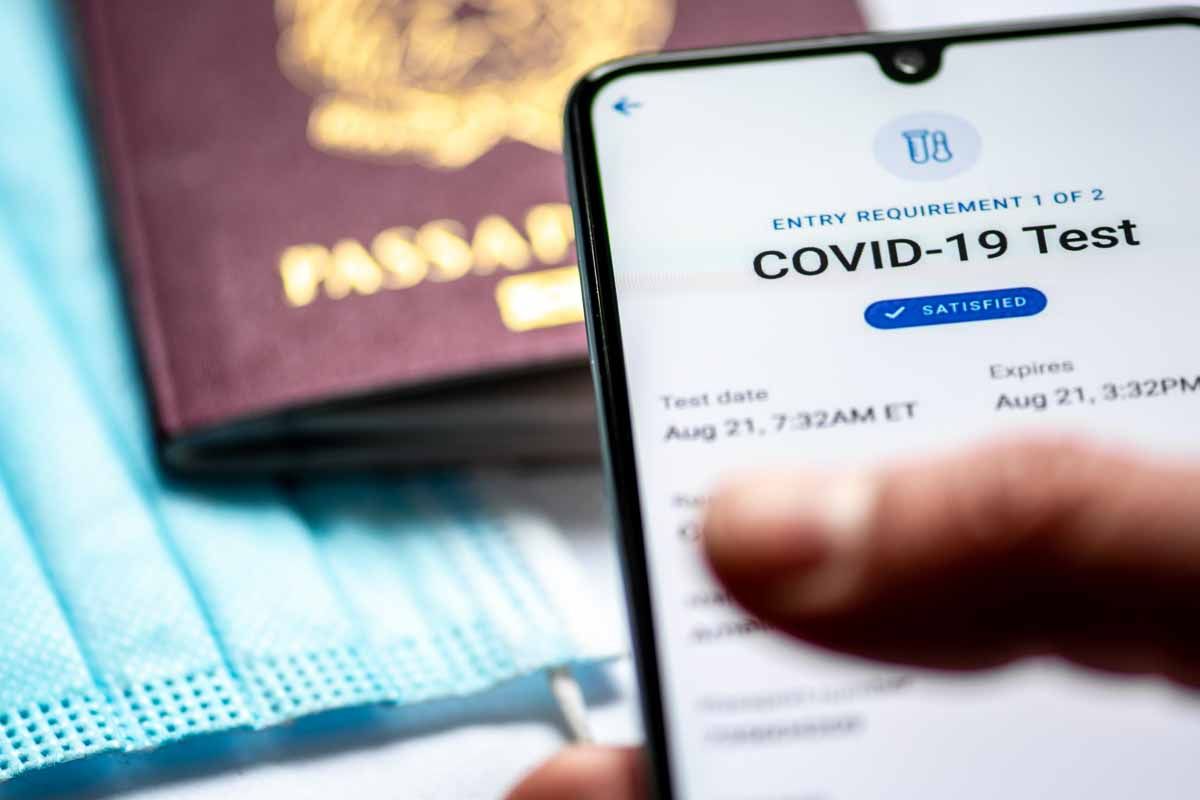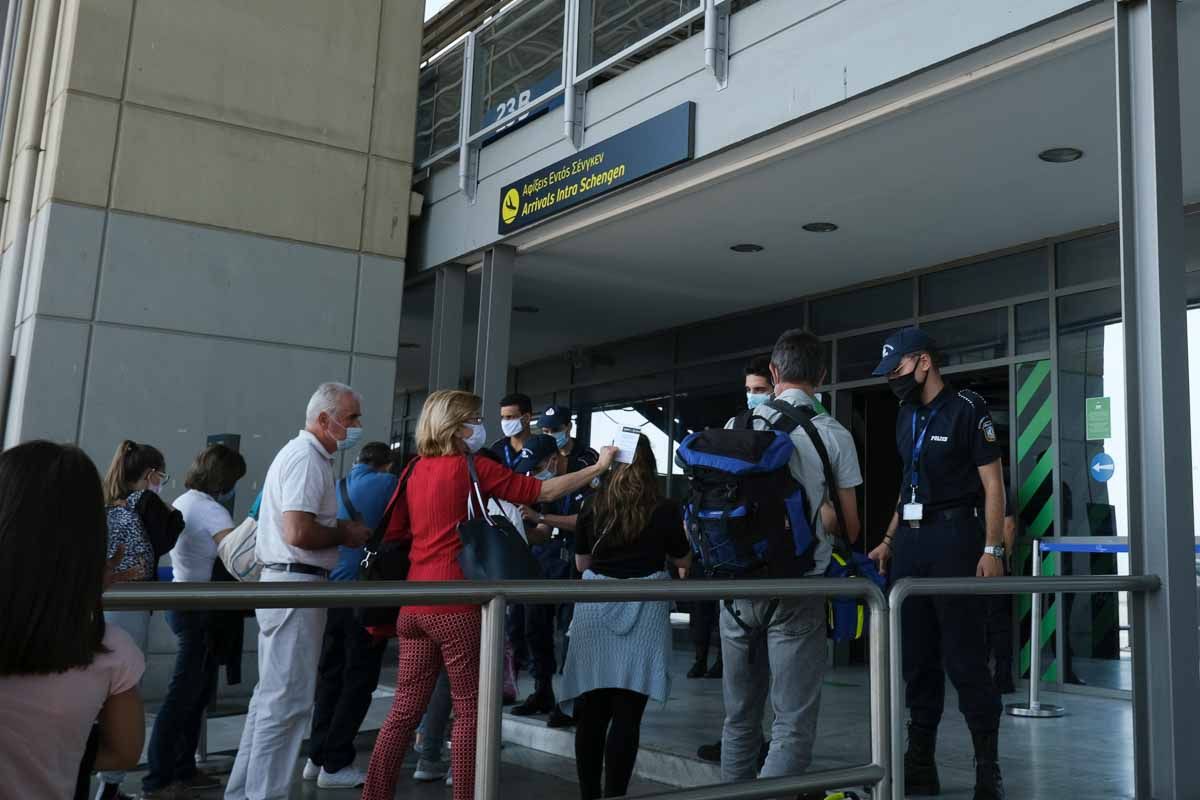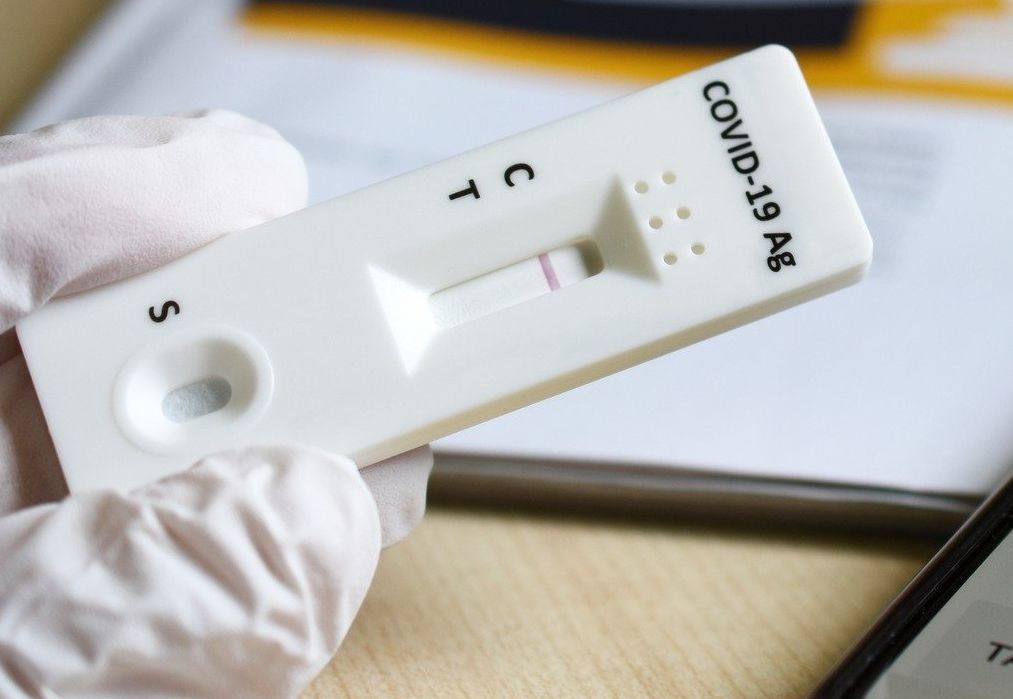New Covid-19 Rules: How Travelers Can Enter Greece
The new emergency rules that all international travelers must follow to enter Greece by air, boat, road and rail were published in the Greek Government Gazette on Friday.
According to the ministerial decision, as of 6am on Sunday, December 19, all inbound travelers, regardless of vaccination status, must present a negative PCR or rapid antigen test result taken before entering the country.
PCR tests should be performed within 72 hours before travel and rapid antigen tests should be performed within 24 hours before travel.
The rules will be in force until Monday, January 10, 2022, and are part of the Greek government’s efforts to curb the spread of the coronavirus (Covid-19) and the new Covid-19 variant, called Omicron in the country.
Following are the rules in detail:
Travel rules for international arrivals
Who is allowed entry to Greece
Greece is open for travelers from all EU & Schengen Area countries and has a ban on travellers from non-EU countries.
However, people traveling for essential reasons and travelers from the following 42 non-EU countries and territories are allowed to enter Greece – provided they have the required documentation – without the requirement for subsequent self-isolation: Australia, Northern Macedonia, United Arab Emirates, United States of America, United Kingdom, Israel, Canada, Belarus, Bahrain, New Zealand, South Korea, Qatar, China, Kuwait, Ukraine, Russia, Saudi Arabia, Serbia, Singapore, Bosnia and Herzegovina, Montenegro, Albania, Japan, Lebanon, Azerbaijan, Armenia, Jordan, Moldova, Brunei, San Marino, Andorra, the Vatican, Monaco, Turkey, Mexico, Kosovo, Chinese Taipei, Argentina, India, Uruguay, Omman and Chile.
Entry requirements
Greece will allow entrance to travelers that have filled out the Passenger Locator Form (PLF) any time before the departure of their flight. The PLF is mandatory and must be filled out by all travelers, regardless of their nationality. The PLF can be found here.
Passengers from abroad, regardless of vaccination/recovery status, must also have one of the following:
– a negative PCR test performed within 72 hours before travel or
– a negative rapid antigen test performed within 24 hours before travel.
Negative test results must be issued by an authorized laboratory and in one of the following languages: Greek, English, French, German, Italian, Spanish or Russian. The name on the vaccination certificate must match the name on the passport.
The rule is in force for children aged 5 and over.
Random rapid testing on arrival
Every traveler who arrives in Greece, regardless of their vaccination/recovery status, may be requested to undergo a random health screening (depending on the data provided on the PLF forms and based on the ‘EVA’ system). If a passenger is selected for a rapid test and is positive for the coronavirus then he/she must quarantine for a total of:
– 7 days, if vaccinated against Covid-19
– 10 days, if unvaccinated
In both cases, passengers will have to take a PCR test on the last day of their quarantine. If the test is negative the mandatory quarantine ends.
Mandatory rapid testing on arrival for some travelers
Permanent residents of Argentina, India, Mexico, Uruguay, Russia, Omman and Chile must present the required documentation and also take a rapid or PCR test for Covid-19 (regardless if they are vaccinated or not) upon arrival to Greece. The rule is in force for children aged 5 and over. Travelers that test positive for Covid-19 will receive further instructions.
All travelers, regardless of nationality and means of transport to the country, from Egypt, Albania, Argentina, Bulgaria, Brazil, Georgia, Cuba, the United Arab Emirates, India, China, Libya, Morocco, North Macedonia, Pakistan, Russia and Turkey must present the required documentation and take a rapid or PCR test for Covid-19 upon arrival to Greece. Exempt from testing upon arrival are passengers from the aforementioned countries that have:
– a vaccination certificate, stating that 14 days have passed since full vaccination for Covid-19. Vaccination certificates must be issued by a public authority and in one of the following languages: Greek, English, French, German, Italian, Spanish or Russian. The name on the vaccination certificate must match the name on the passport and also include, the type of vaccine administered, the number of doses and the dates they were administered. The rule is in force for children aged 5 and over.
or
– a recovery certificate. Travelers can present a medical/recovery certificate issued thirty days after they first tested positive for Covid-19. The certificate is valid for entry to Greece 90 days after the first positive Covid-19 test result. The certificate must be issued by a public authority or a certified laboratory in one of the following languages: English, French, German, Italian, Spanish or Russian. The rule is in force for children aged 5 and over.
Travelers that test positive for Covid-19 will receive further instructions.
Strict entry rules for arrivals from Africa
All travelers, regardless of nationality and means of transport to the country, from South Africa, Botswana, Namibia, Lesotho, Zimbabwe, Mozambique, Eswatini, Zambia and Malawi, must present the required documentation and:
– take a rapid or PCR test for Covid-19 upon arrival to Greece
– quarantine for 10 days in a quarantine hotel and then re-tested via the PCR method. Those who test negative will be released from quarantine.
The rule is in force for children aged 5 and over.
Travelers in need of specific details on the travel rules for passengers of international flights are recommended to contact their embassy, airline or the General Secretariat for Civil Protection.
The Greek Government Gazette containing the rules all international travelers must follow to enter Greece can be found here.







